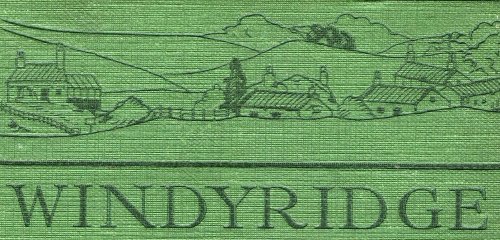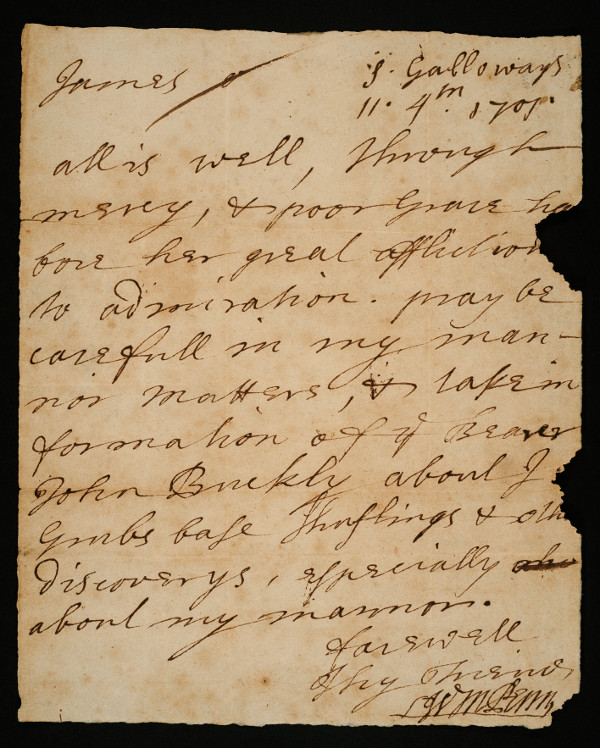Have you heard about the collections-based research programme here at Reading? This October, we’ll be welcoming the second cohort of a unique doctoral skills training programme here at Reading. Drawing on the extensive research potential of the University’s internationally recognised museums and collections, this programme will train doctoral students in the practical skills and intellectual sensitivities essential for quality collections-based research.
Applications are open until 31 July for the following fees-only bursaries commencing October 2014:
PhD Studentship in Collections-Based Research (English Literature) Project title: Beckett and the City
Department: Department of English Literature
Supervisors: Dr Conor Carville and Professor Steven Matthews
http://www.reading.ac.uk/web/FILES/graduateschool/GS-CBR8.pdf
PhD Studentship in Collections-Based Research (English Literature and History)
Project title: Four local parish libraries: Henley, Abingdon, Didcot and Buckland.
Department: Department of English Literature and Department of History
Supervisors: Dr Rebecca Bullard (English Literature), Dr Mary Morrissey (English Literature), Dr Helen Parish (History)
http://www.reading.ac.uk/web/FILES/graduateschool/GS-CBR7.pdf
PhD Studentship in Collections-Based Research (Typography)
Project title: Edward Johnston’s Underground typeface from inception to ‘New Johnston’
Department: Typography & Graphic Communications
Supervisors: Professor Paul Luna and Dr Rob Banham
http://www.reading.ac.uk/web/FILES/graduateschool/GS-CBR9.pdf
PhD Studentship in Collections-Based Research (History and Geography)
Project title: Preservationism and Development in Rural England, 1926-2016: Policy and Practice
Departments: History and Geography
Supervisors: Dr Jeremy Burchardt, Department of History and Dr Hilary Geoghegan, Department of Geography and Environmental Science
http://www.reading.ac.uk/web/FILES/graduateschool/GS-CBR10.pdf
PhD Studentship in Collections-Based Research (Literature and Science)
Project title: Nature’s Stories: Francis Cole, Zoological Collections and Narrative
Department: English Literature
Supervisors: Dr Andrew Mangham and Dr John Holmes
http://www.reading.ac.uk/web/FILES/graduateschool/CB11_-_Cole.pdf
PhD Studentship in Collections-Based Research (Archaeology)
Project title: Roman ceramic building material
Department: Archaeology
Supervisor: Professor Michael Fulford
http://www.jobs.ac.uk/job/AIA443/phd-studentship-in-archaeology/
PhD Studentship in Collections-Based Research (Archaeology)
Project title: Technological Innovation in the Late Iron Age: Ceramics as a Case Study
Department: Archaeology
Supervisor: Professor Michael Fulford
http://www.jobs.ac.uk/job/AIA560/phd-studentship-in-archaeology/




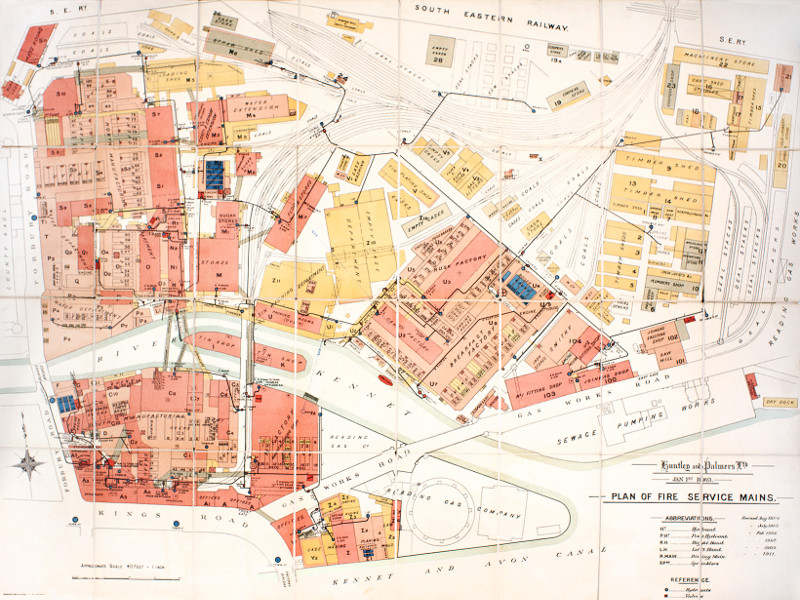
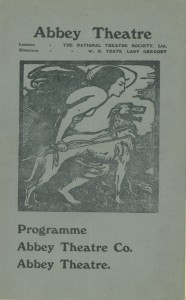
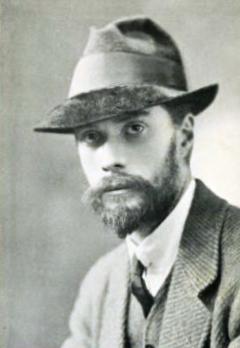
 Emeritus Professor Jim Knowlson was awarded an OBE in the New Year’s Honours List for services to literary scholarship. Jim is the world’s leading expert on the Nobel-prize winning novelist and playwright Samuel Beckett and the founder of Reading’s Beckett International Foundation. He is instrumental in the work of the Beckett Archive and Beckett’s only authorised biographer.
Emeritus Professor Jim Knowlson was awarded an OBE in the New Year’s Honours List for services to literary scholarship. Jim is the world’s leading expert on the Nobel-prize winning novelist and playwright Samuel Beckett and the founder of Reading’s Beckett International Foundation. He is instrumental in the work of the Beckett Archive and Beckett’s only authorised biographer.

